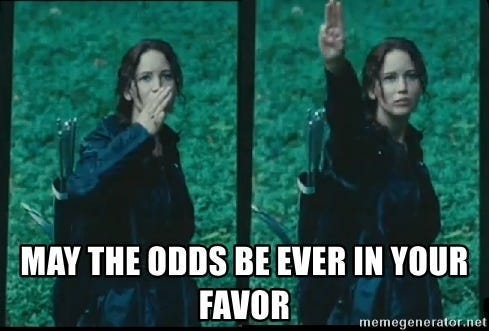Gaslit Nation
When I first thought of the book title Gaslit Girl in early 2024, I could have never imagined the turn of events in 2025.

When I left the State Department, I said the book I would write out of that experience would be called Gaslit Girl. Because I had never endured an episode where I was so forcefully made to question truths I experienced.
But today that concept seems to be everywhere. The other day, I heard an NPR reporter in Israel acknowledge to host Steve Inskeep that a report they were currently discussing and witnessing was under dispute.
“We stand by our reporting,” she had to affirm, for herself and the network.
As a country, we are learning the hard way how to navigate the experience of being gaslit. Americans have been forcing ourselves to engage in debate but are now learning where to draw the line—refusing to argue about water being wet or the sky being blue.
And this is particularly difficult in the world of journalism, law, government, or any space where you need some sort of shared reality to host broad public thought. Inevitably, when the country is as divided as it is and reality becomes more malleable, not everyone can come along for your ride.
The Collective Destruction of Gaslighting
Because the word “gaslight” doesn’t feel as heavy, people tend to underestimate its impacts on individuals and collective societies.
But researchers have documented the profound harm to individuals, making them doubt themselves, fall into depression, and at worst contemplate self-harm. When done to entire societies, it proves just as destructive.
Dutch researcher Natascha Rietdijk has drawn the connection between post-truth politics and collective gaslighting, showing how political figures use three devastating strategies: introducing counternarratives to confuse, discrediting critics to isolate, and denying plain facts to disorient. These tactics both spread false beliefs and systematically erode our trust in our own capacity to distinguish truth from fiction. I feel it personally, as some days I find myself repeatedly fact-checking the same line of a story.
And history bears witness to this destruction. One of the most infamous cases is Stalin’s regime. Historians, such as Anne Applebaum, note that Stalin didn’t just lie to people, his regime created an environment where citizens could no longer trust their own perceptions. And even those who did trust their own judgement, suppressed it out of fear for a “knock on the door.”
But Black Americans will tell you we don’t need to go all the way to Russia to find our historical case studies on this. For generations, gaslighting convinced entire communities to doubt what they witnessed with their own eyes—violence dismissed as imagination, injustice reframed as personal failing.
Using Fiction to Finish the Book
When I first wrote my book proposal for Gaslit Girl, it was meant to be nonfiction, and I had no idea how I was going to make the structure of the narrative work. It wasn't until I embraced fiction as a tool of description that I made it to 81,000 words.
Similar to how Octavia Butler used science fiction to describe complex experiences that Black women carry—such as extreme empathy, a kryptonite that makes us vulnerable to a savage society—I found it easier to explore the detrimental and complex internal battle that comes with gaslighting through fiction. Which I'm excited to eventually release as book two in my science fiction trilogy The Herd.
You Are Well
But I say all this to say, you are not crazy. You have seen what you have seen and heard what you have heard. The sky is blue and water is wet.
As both a former diplomat and current journalist, I am intimately acquainted with the concept of being gaslit and fighting to make sure truth is set free. These days we may need to remind ourselves to keep our feet on the ground more than we did in the past.
The truth doesn’t change just because someone with power—whether that's your boss or a politician—says it does. Your reality doesn’t become less real because someone refuses to acknowledge it.
Sure, in some cases you may need to have your perspective broadened. But at other times, you may need the reminder that the ground is still solid beneath your feet.
Subscribe and Share
I hope you found this newsletter helpful and engaging. Please share with any friends or family you think would be interested and feel free to buy me a coffee by subscribing if you got some use out of it or make a one-time donation.
Follow me on Instagram too!
And here is my LinkedIn.
Order a signed copy of my first sci-fi novel The Herd- When Democracy Falls.
And remember,…


